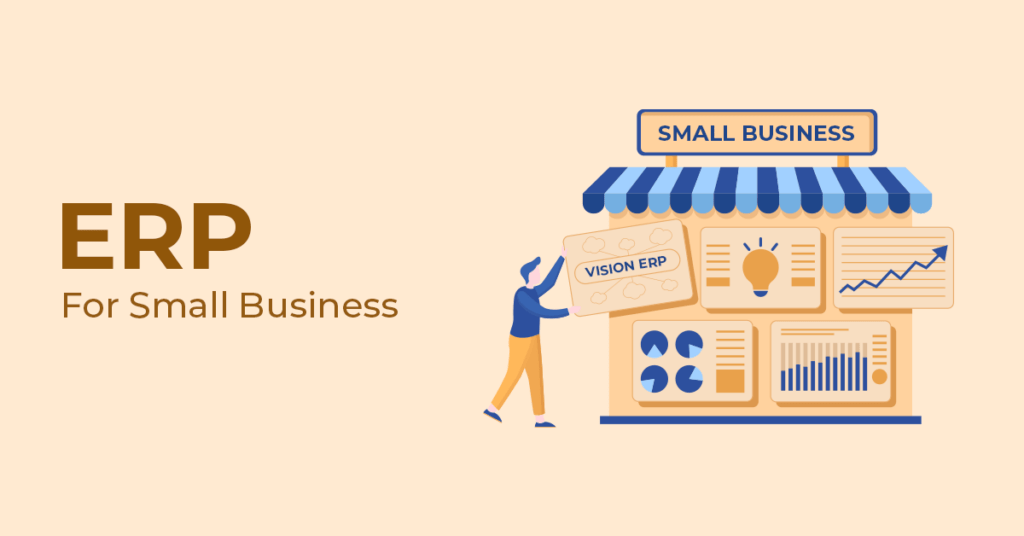
Small businesses too have the same processes and complexities of big businesses. Your volume of transactions may be lower than big businesses, but your requirements and complexities are the same. You may not have many locations and different person handling difference functions, most likely you have one person who handles multiple functions. So when does a company need an ERP?
– In smaller companies the implementation is easier as the number of people involved are lower.
– Time and effort involved are lower as it’s simpler to put a lesser number of people to adapt to a way of working.
– Centralised data is available for all departments and functions.
– Same data being shared across departments is reliable, easier to manage and time saving.
– With processes in place, expanding and involving more people is much simpler.
– You get the competitive edge when you have all your business processes in place and accurate data available from a reliable ERP Software.
– For companies with inventory it’s better monitoring as expanding inventory levels are very expensive. This in turn leads to better planning and resource management.
– The return on investment is much higher in an upcoming organisation as the above points fall in place and make it easier for you to expand your business.
Today the barriers to getting an ERP are negligible as ERPs are available on the cloud, so the investment and running costs are much lower. There is no specific readiness requirement. It is as simple as connect and login.
The benefits of an ERP are many and small size businesses can take advantage of the same by starting early and streamlining processes. They will be ready to grow manyfold with a strong ERP system to support their growth.